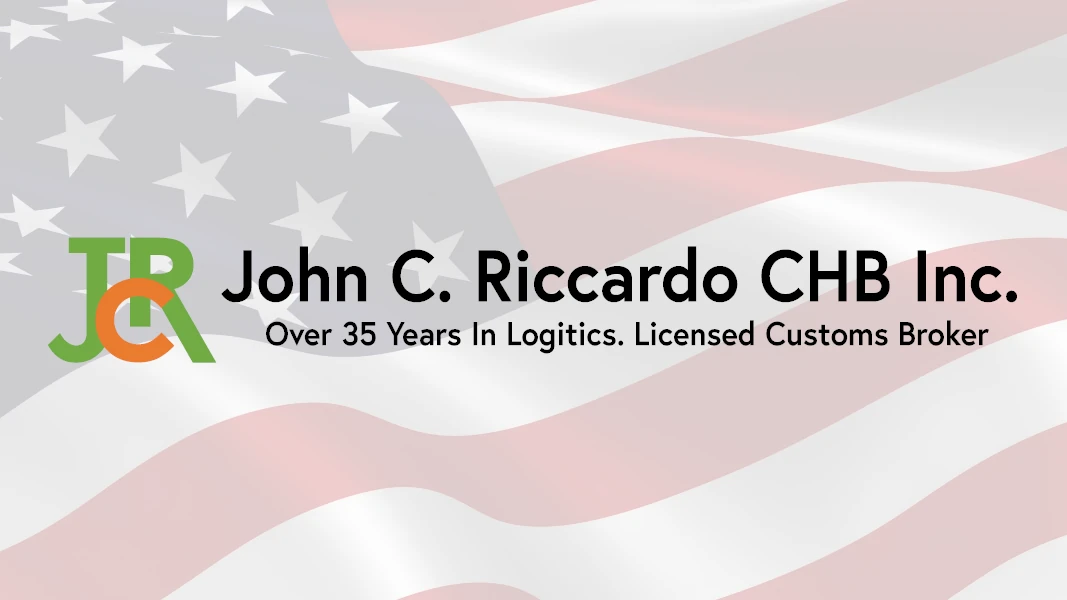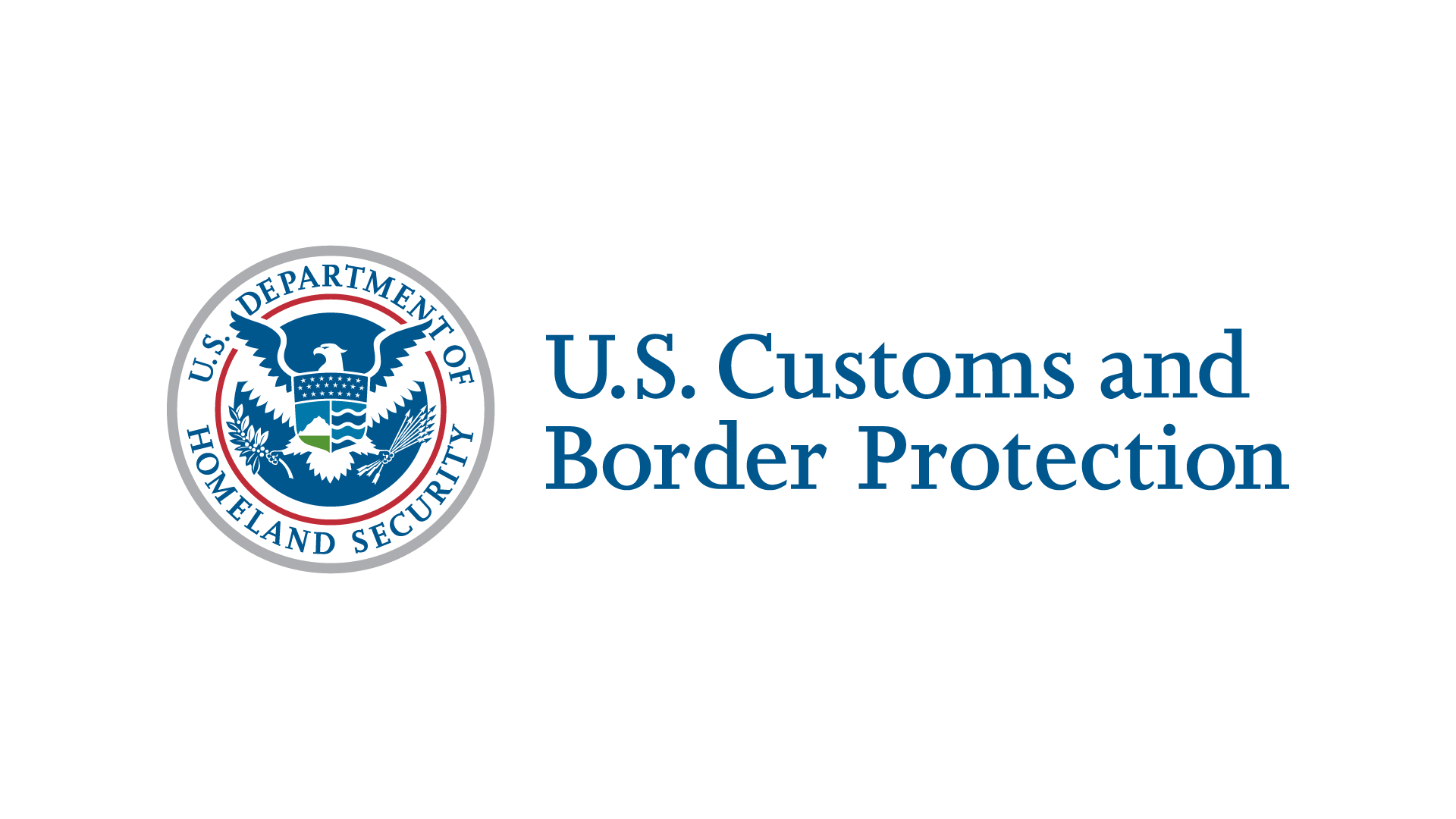
U.S. CUSTOMS AND BORDER PROTECTION FIELD OPERATIONS, NEW YORK PORT OF NEW YORK/NEWARK
INFORMATIONAL PIPELINE NO. 17-006-NWK
TO: All Importers, Carriers, Terminal Operators, CES Operators, Brokers and Others Concerned
SUBJECT: APHIS to Allow Incineration of Non-Compliant Maritime Car
Via the Wall Street Journal, By Costas Paris
A tumultuous year in the container-shipping industry, which included one big operator going under and others bundling together to stay afloat, ended with three major alliances poised to dominate ocean trade for years to come. Container shipping, which moves 95% of all manufactured goods, is estimated by industry executives to be worth $1 trillion a year. Traditionally controlled by sovereign-wealth funds and deep-pocketed individuals, it has been a fragmented industry over the past 30 years, with dozens of operators regularly undercutting each other on price. But overcapacity and sluggish global trade have forced the biggest players to merge or form alliances, allowing them to cut operating costs by hundreds of millions of dollars by sharing ships and port calls. The three major groupings, called 2M, Ocean Alliance and THE Alliance, have cleared most regulatory hurdles over the past two years. 2M, consisting of Denmark’s Maersk Line and Geneva-based Mediterranean Shipping Co.—the world’s two biggest operators in terms of capacity—is already under way, while the other two alliances expect to begin operations in April. One company left out, South Korea’s Hanjin Shipping Co., is shedding ships and other assets after seeking bankruptcy protection in August. According to marine-data providers, the three alliances, which comprise 11 shipping operators, will handle much of the container trade on the Asia-to-Europe and trans-Pacific routes. “The few players left outside will either try to join in, shrink to become regional operators or go belly up,” said Lars Jensen, chief executive of Copenhagen-based SeaIntelligence Consulting, adding the world’s 20 biggest shipping companies are all expected to post a loss for 2016.

The concentration of power has raised concerns among regulators and cargo owners about price fixing and reduced services, though the Federal Maritime Commission in November said it saw no evidence of price collusion among the alliances. “We have a monitoring process in place, and if there is an unreasonable increase in prices or a decrease in services, it could lead to an injunction to could break up an alliance or lead to other necessary action,” said William Doyle, a commissioner at the U.S. maritime watchdog. Nevertheless, the consolidation in the industry is limiting choices for shippers, said Peter Friedmann, executive director of the Agriculture Transportation Coalition, a trade body of 2,500 U.S. agriculture and forest-product exporters. “With the remaining ocean carriers now consolidating into just three alliances using megaships, while total capacity may remain the same, we are concerned by a reduction in the frequency of sailings,” he said. Maersk Line spokesman Michael Storgaard said with time the new industry configuration will allow for ample port calls and better reliability, with cost savings trickling down to customers. But he acknowledged the shaping up of the alliances will be disruptive. “When a container shipping line moves from one alliance to another, both alliances need to redo their networks. There will be shorter and longer periods with frequent changes to services and offered capacity and fluctuating reliability,” he said.? Cargo owners say they are seeing up to 20% fewer containership sailings across main trade routes and a 10% drop in port calls since the introduction of bigger vessels, known as Triple Es, favored by the alliances.
A Triple E, which when turned upright matches the height of the Empire State Building, can move more than 18,000 containers. Its deployment is gradually replacing smaller vessels that because of their size tend to sail more often and serve more ports. Shipping companies say savings resulting from the alliances and bigger ships are passed on to cargo owners. They also say alliances, once in place, will provide more reliable service to cargo owners. As the alliances take hold, the shift to bigger vessels is contributing to congestion and delays at ports whose infrastructure is geared toward ships with lower capacity. Triple E’s also require larger-than-standard cranes to unload their cargo as well as more trucks waiting at the terminals to move products inland. While the bigger ships have caused friction among cargo owners, port operators and the shipping companies in recent years, most in the industry now accept that ports must be upgraded to accommodate them. The American Association of Port Authorities says close to $155 billion will be invested by 2020 to expand U.S. ports to handle bigger vessels.
go Dunnage at U.S. Ports of Entry
PURPOSE: The purpose of this pipeline is to inform the trade community that APHIS has amended its policy at U.S. Ports of entry staffed by CBP Agriculture Specialists for non-compliant WPM. APHIS will now allow incineration on Non-Compliant Maritime Cargo Dunnage.
BACKGROUND: The United States Department of Agriculture (USDA), Animal and Plant Health Inspection Service (APHIS) revised import regulation for wood packaging materials (WPM)(7 CFR § 319.40) requires non-exempt WPM used in international trade to be marked with the International Plant Protection Convention (IPPC) logo, the two-letter International Organization for Standardization (ISO) code for the country that treated the WPM, the treatment facility number assigned by the national plant protection organization, and either HT for heat treatment or MB for methyl bromide.
ACTION: Effective November 1, 2016, USDA’s Animal and Plant Health Inspection (APHIS) will allow incineration as a secure disposal option for non-compliant dunnage from maritime cargo at U.S. ports of entry if there is access to an APHIS-approved incineration facility. This action will allow APHIS and U.S. Customs and Border Protection (CBP) to more effectively address potential pest risks presented by the dunnage. Before this option may be used, incineration or waste facilities must have a compliance agreement with APHIS to destroy and dispose of non-compliant dunnage.
Transportation companies, shipping lines, and port authorities must have a compliance agreement with CBP to safeguard, manipulate, or transport non-compliant dunnage. To request a compliance agreement, contact your local APHIS office.
For questions regarding this policy change, please contact APHIS at 301-851-2075.
REPORT DRUG SMUGGLING TO CUSTOMS AND BORDER PROTECTION 1-800-BE-ALERT

